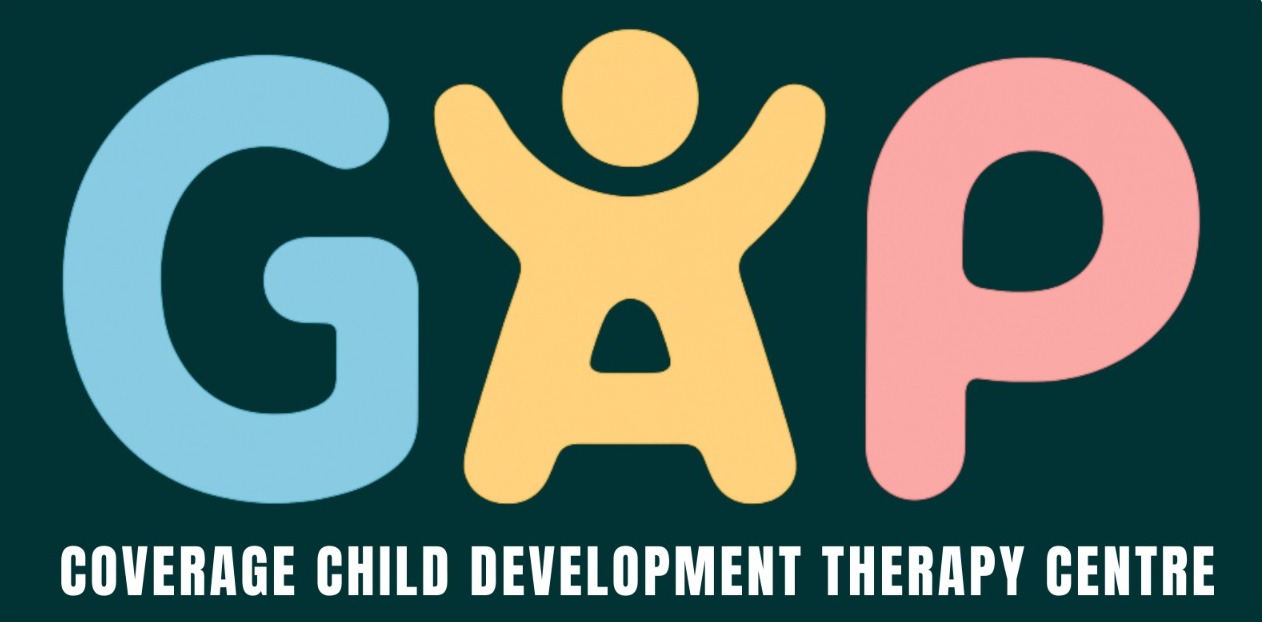
Language Therapy
Language therapy is a specialized and supportive service dedicated to helping individuals of all ages understand and use language effectively. Guided by Speech-Language Pathologists (SLPs), this therapy focuses on building the essential skills needed to share ideas, express needs, form relationships, and fully participate in the world. Whether addressing early developmental delays or acquired communication challenges, language therapy provides the strategies and support for meaningful interaction.
How Language Therapy Supports Communication:
Language therapy offers targeted intervention in these key areas:
-
Receptive Language Skills: Strengthening the ability to understand spoken and written language, follow directions, process questions, and comprehend stories and conversations.
-
Expressive Language Skills: Supporting the use of words, sentences, and grammar to express thoughts, tell stories, ask questions, and engage in dialogue.
-
Social Communication (Pragmatics): Teaching the subtle rules of social interaction, including taking turns in conversation, understanding nonverbal cues, maintaining topics, and adapting language for different listeners and situations.
-
Vocabulary Development: Expanding the range of words a person understands and uses across different settings and purposes.
-
Narrative and Academic Language: Building skills needed for storytelling, summarizing, and understanding and using complex language required in classroom learning.
-
Augmentative and Alternative Communication (AAC): Introducing and implementing tools and strategies—such as picture boards or speech-generating devices—for individuals who are nonverbal or have significant difficulty speaking.
Who Can Benefit:
-
Children with developmental language disorders, autism spectrum disorder, hearing impairments, or learning disabilities.
-
Adults recovering from stroke, brain injury, or neurological conditions that affect language, such as aphasia.
-
Individuals of any age who experience challenges with social communication, vocabulary, grammar, or following conversations.
What to Expect:
Therapy begins with a comprehensive evaluation to identify strengths and areas of need. From there, the SLP creates a personalized and engaging therapy plan that may include:
-
Play-based activities for children
-
Conversation practice and role-playing for social skills
-
Structured exercises to target specific language concepts
-
Training for family members to support language growth at home
The goal of language therapy is not perfection—it’s connection. By building confidence and competence in communication, we help individuals find their voice and engage with the people and opportunities that matter most.

